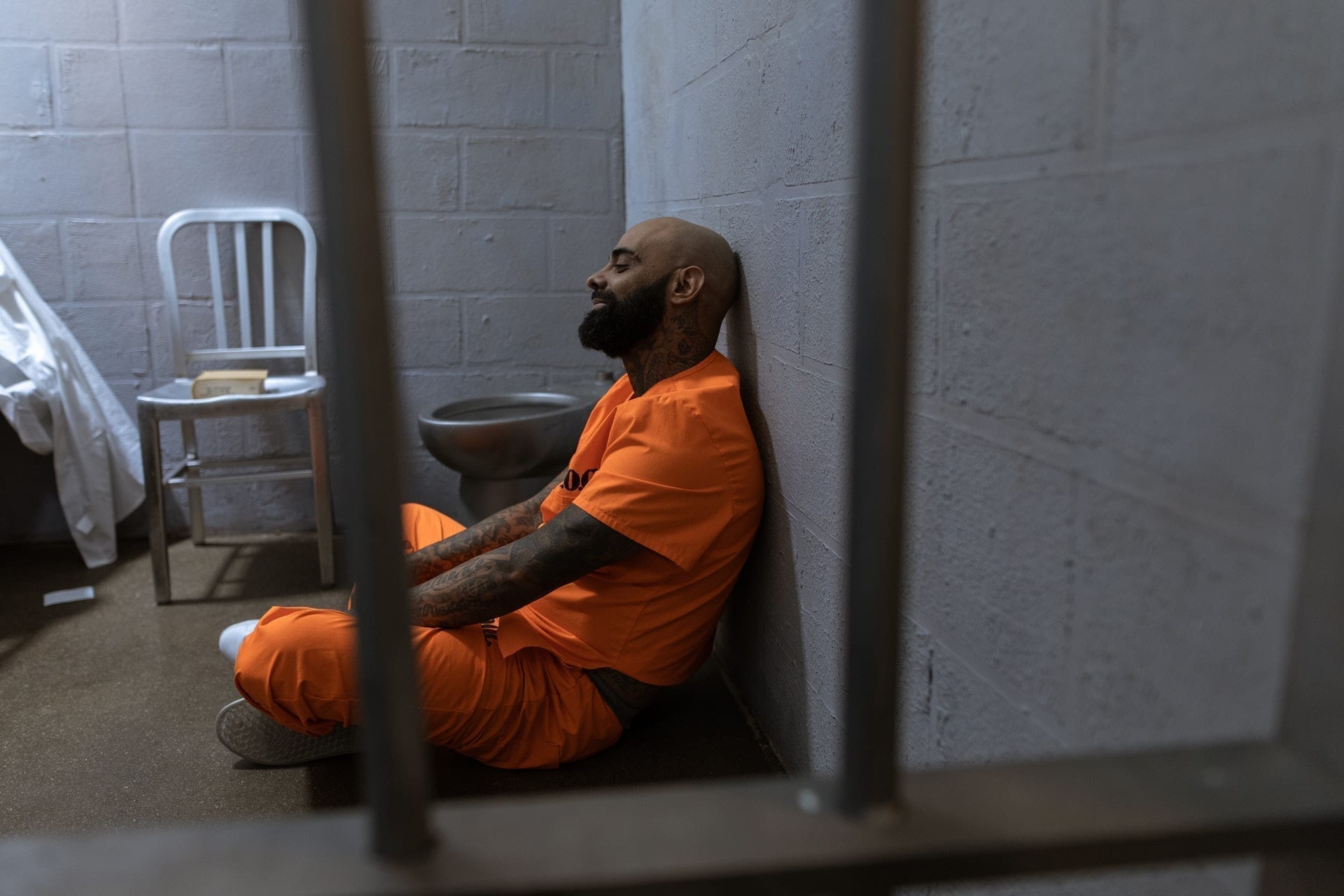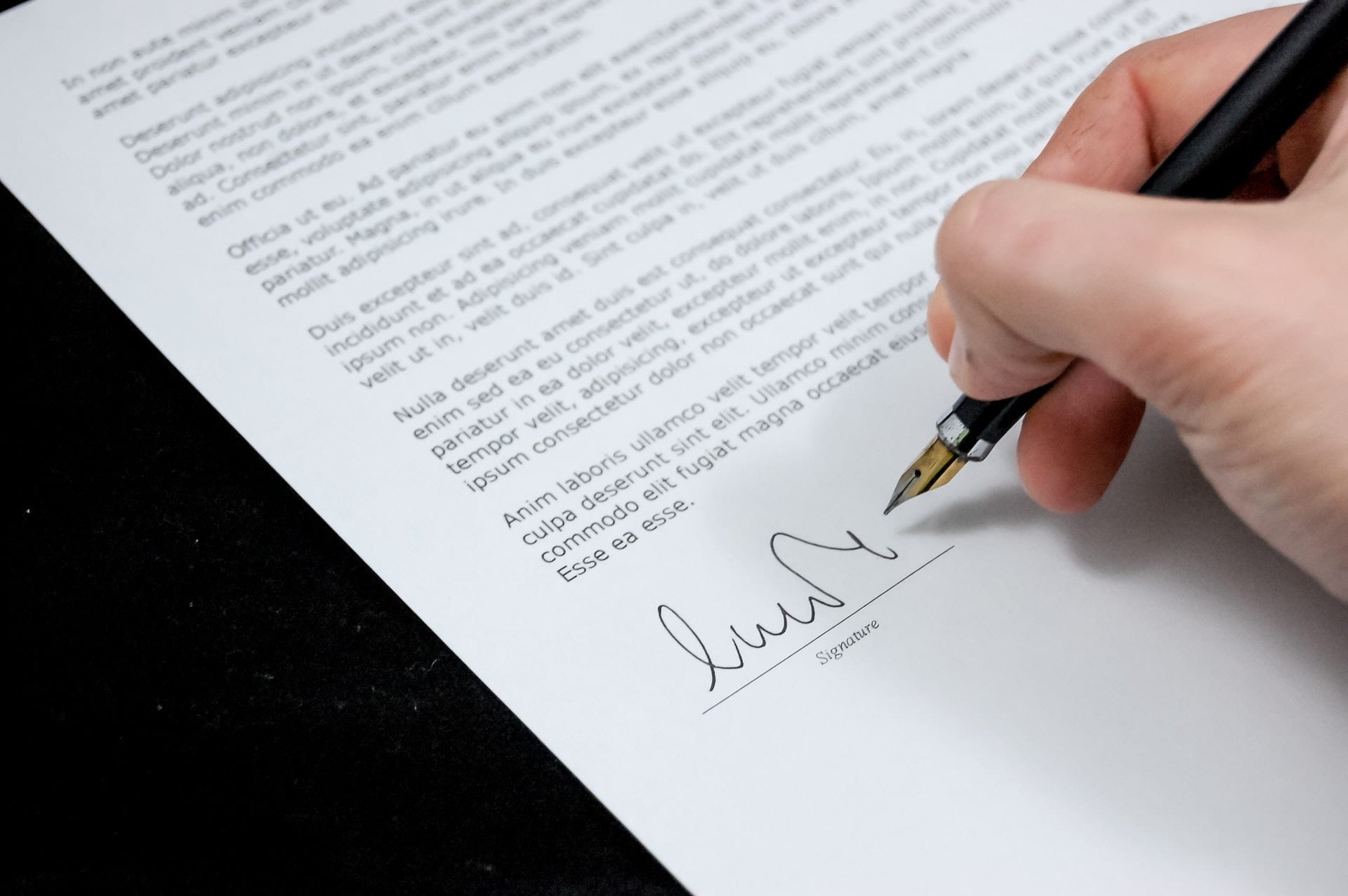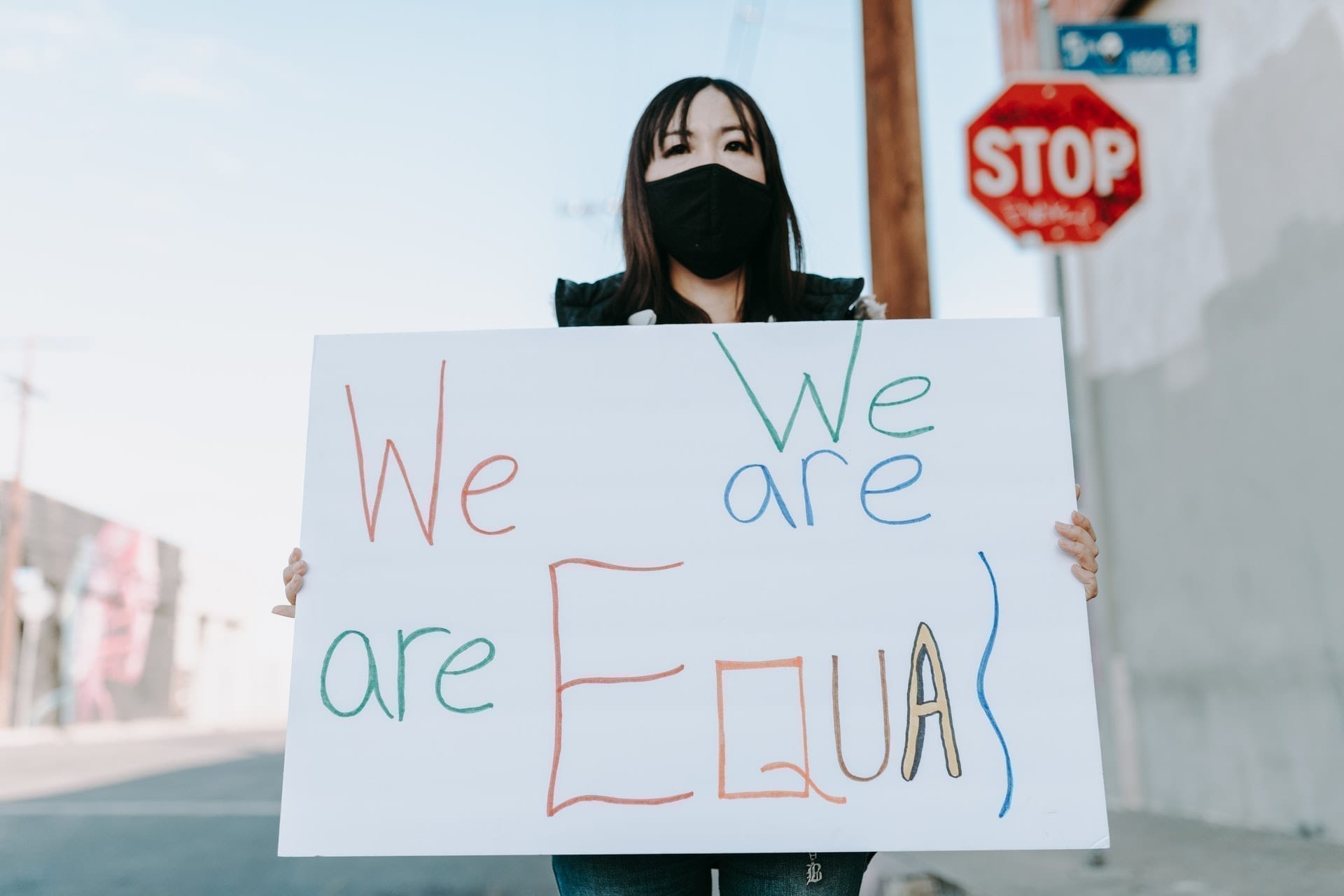When you agree to terms of probation you volunteer to give up certain levels of privacy. However, you are still protected by your constitutional rights and some federal laws. In short, you still maintain your rights, but they have more limits.
Will you still have your constitutional rights on probation?
Yes. The U.S. Constitution and its amendments protect everyone in the United States, including prisoners. For example, the First Amendment protects your constitutional righto free speech. You still have that right in prison. You also still have it on probation or parole. However, that right is more limited.
For example, your probation or parole officer may limit who you can be around. They may also limit when you can go certain places and what you can do and say on social media. While these limitations restrict your First Amendment rights, they do not take them away.

What rights do you lose when you’re on probation?
You do not lose your constitutional rights when you’re on probation. But you will have more limits on them. While there are common terms of probation, they can vary. Much depends on where your probation is. But the nature of your crime is also a factor. Here are a few common examples:
- Freedom of movement. Unless you are on house arrest, you can travel some. However, you will be limited to a certain area. That could be your state or even your county.
- Privacy. Your probation officer will be able to search you and your property at any time. They can also monitor your online activity. But they are the only official with that authority. Police and others still need a warrant or your permission to search you.
- Firearms. This is one right you give up almost completely. In most cases, you cannot own or possess a firearm while you are on probation.
- Assembly. You can still go to meetings, attend religious services or participate in protests. But you may have to avoid certain people. Many probation terms stop you from spending time with felons.
Depending on the nature of your crime, you may face other limitations. For example, individuals convicted of a sex crime may face limits on where they can live, work and go.
What responsibilities do you have while you are on probation?
In addition to limiting your rights, you also agree to some responsibilities when you are on probation. These responsibilities vary depending on your situation. However, many of these responsibilities are common to many probation terms.
- You must obey all laws. This includes even minor laws like jaywalking.
- You must not use or possess drugs.
- You must take drug or alcohol tests when your probation officer requests one.
- You must obey travel restrictions (but you can request permission from your probation officer to travel beyond them if needed).
- You cannot meet with certain people, such as other felons or the victims of your crime.
- You must appear at any and all court appearances.
- You must report to your probation officer when requested.

The Takeaway:
You keep your rights while you are on probation. However, some of your rights, such as your right to privacy, will be limited. The terms of your probation will depend on where you live and the nature of your crime. You also agree to some responsibilities, such as not using drugs, when you agree to probation.






